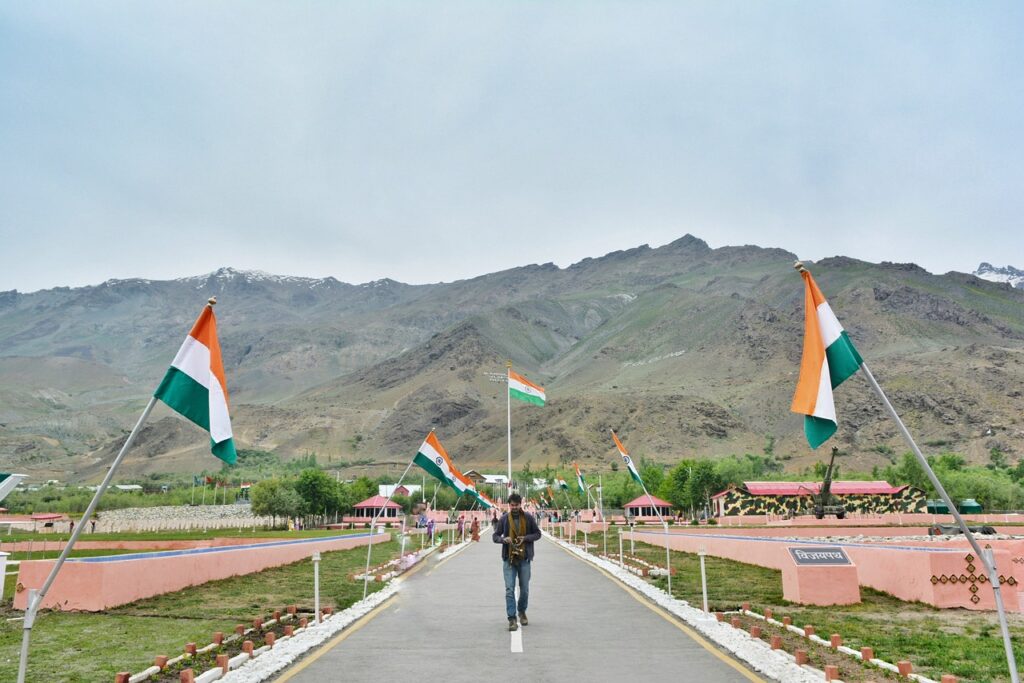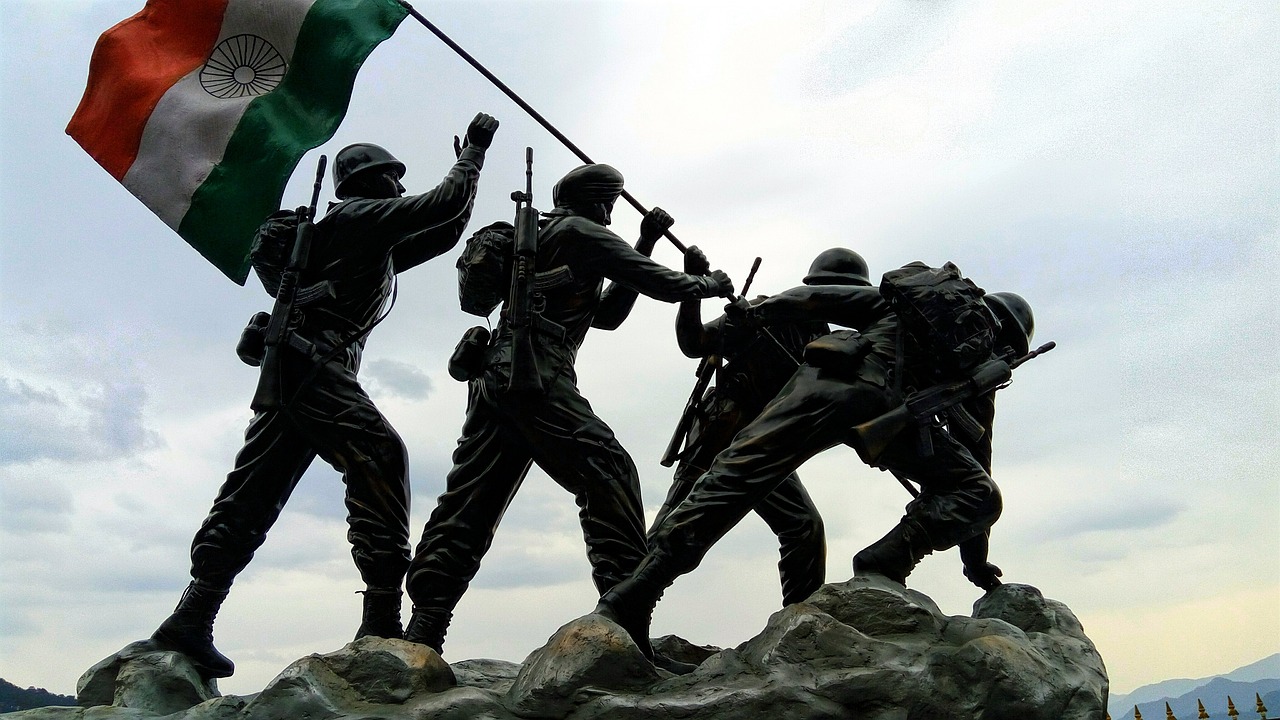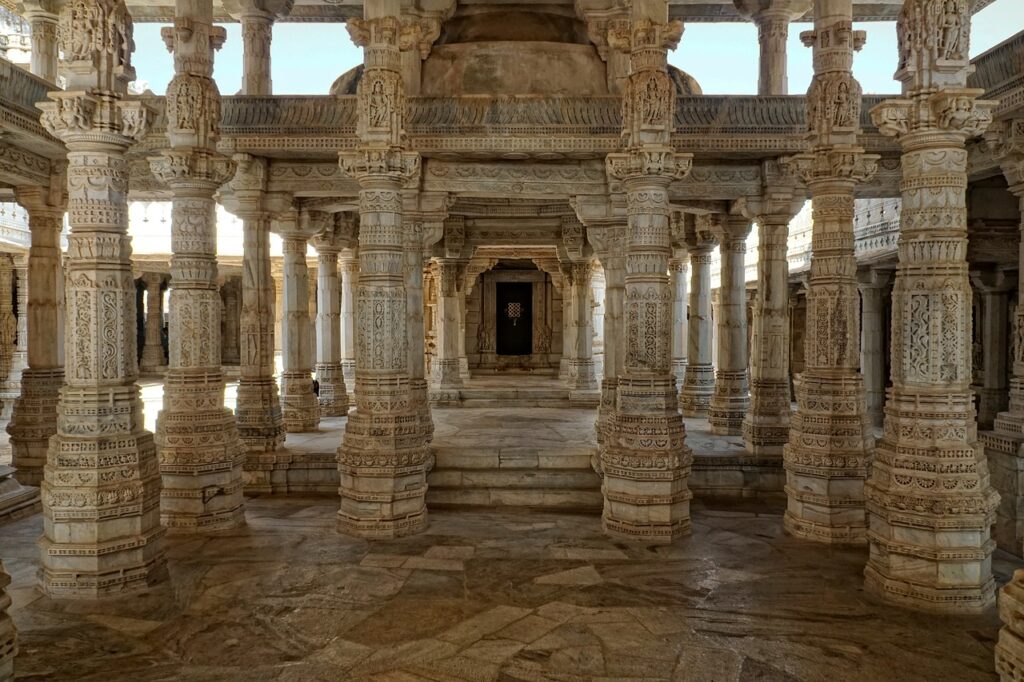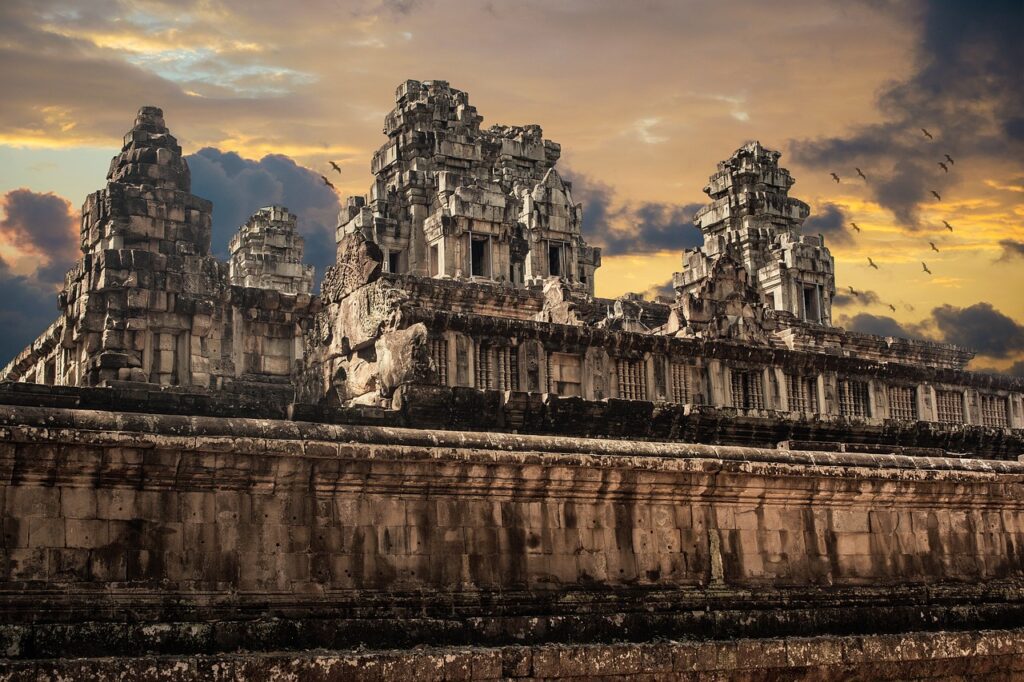The Kargil Vijay Diwas: A Tribute to Bravery and Sacrifice
On July 26, India commemorates Kargil Vijay Diwas. It is a day to remember the heroes of the Kargil War. This war conflict happened between India and Pakistan from May to July 1999. This conflict took place in the high-altitude regions of Kargil in Jammu and Kashmir.

Background of the Kargil War
In early 1999, Pakistan begin a surprise military action. Pakistani troops, along with militants, infiltrated Indian territory. They occupied strategic heights in the Kargil sector. Their aim was to alter the Line of Control (LoC) and challenge India’s position in the region. The terrain was rugged and uninhabitable. The temperatures were extreme. Yet, the soldiers faced these conditions bravely.
India’s Response
India’s initial reaction was one of shock and disbelief. The intrusion violated the bilateral agreements between the two nations. Indian Army tasked with the mission of remove the intruders at their poistions. The Indian government responded with a two-fold strategy. First, it sought diplomatic support. Simultaneously, it began a large-scale military operation. The aim was to reclaim the territory and restore the status.
The Military Operation Kargil Vijay
Operation Vijay launched to address the crisis. The operation involved intense fighting. Indian forces faced fierce resistance. They had to fight on difficult terrain. The high-altitude areas required special training and equipment. The soldiers climbed steep slopes and fought in freezing temperatures.
The Indian Army deployed several regiments. Infantry units, artillery, and air force support played crucial roles. Air strikes had used to target enemy positions. The Indian Air Force provided critical support with precision strikes. This combined effort began to push the enemy back.
Challenges Faced
The soldiers faced numerous challenges. The high-altitude terrain posed physical challenges. The oxygen levels were low, making breathing difficult. The weather was harsh. Snow, rain, and cold made conditions even worse. Despite these obstacles, the soldiers displayed exceptional courage.
The Pakistani troops had well-trained. They had fortified their positions. The Indian forces had to engage in close combat. This involved climbing treacherous slopes and fighting hand-to-hand. It was a test of endurance and bravery.
The Role of Leadership
Leadership played a crucial role in the success of Operation Vijay. Generals and commanding officers provided strategic direction. They also ensured the morale of the troops remained high. The leaders planned operations meticulously. They adapted strategies based on the evolving situation on the ground.
Significant Battles and Key Moments
Several key battles defined the Kargil War. This Battle is one of the most challeging for Indian Army. It was a turning point in the war. Indian troops managed to capture the Tololing Hill after intense fighting. This victory boosted the morale of the Indian forces.
Another crucial battle was at Tiger Hill. The hill was a strategic point for the Pakistani forces. The Indian Army launched a full-scale assault. The battle was fierce and lasted several days. Eventually, Indian troops succeeded in recapturing the hill. This victory was symbolic of the overall success of Operation Vijay.
The Role of the Nation
The entire nation reunite behind the troops. The media played an important role in keeping the public informed. There was widespread support for the soldiers. People from all areas regions showed solidarity. The government’s efforts had complemented by the nation’s resolve. This collective support helped boost the morale of the troops on the battlefield.
Victory and Aftermath of kargil Vijay Diwas
On July 26, 1999, India declared victory. The Kargil War was officially concluded. The Indian Army had successfully reclaimed the territory. The success was a result of immense bravery and determination. The conflict claimed many lives. Both sides experienced significant losses. The war highlighted the sacrifices made by the soldiers.
The Indian government honored the fallen heroes. Bravery awards had given to many soldiers. Families of the martyrs were recognized for their sacrifices. The victory had celebrated nationwide. It became a symbol of national pride and strength.
Legacy of Kargil Vijay Diwas
Kargil Vijay Diwas is more than just a remembrance day. It is a tribute to the spirit of the Indian Armed Forces. It honors the sacrifices of those who fought in the war. The day serves as a reminder of the bravery displayed by the soldiers. It also reflects the nation’s unity in the face of adversity.
The lessons from the Kargil War continue to resonate. The conflict underscored the importance of vigilance and preparedness. It highlighted the need for strong leadership and effective strategy. The war also emphasized the significance of national solidarity.
Conclusion
Kargil Vijay Diwas is a day of remembrance and honor. It celebrates the courage and sacrifice of the Indian soldiers. The Kargil War was a significant moment in India’s history. The victory achieved was hard-earned and significant. Each year, as we observe Kargil Vijay Diwas, we remember the bravery of our armed forces. We also renew our commitment to safeguarding our nation.
The sacrifices made during the Kargil War will always be remembered. They serve as a powerful reminder of the dedication and resilience of our soldiers. On this day, we pay tribute to their valor and reaffirm our pride in their achievements.



